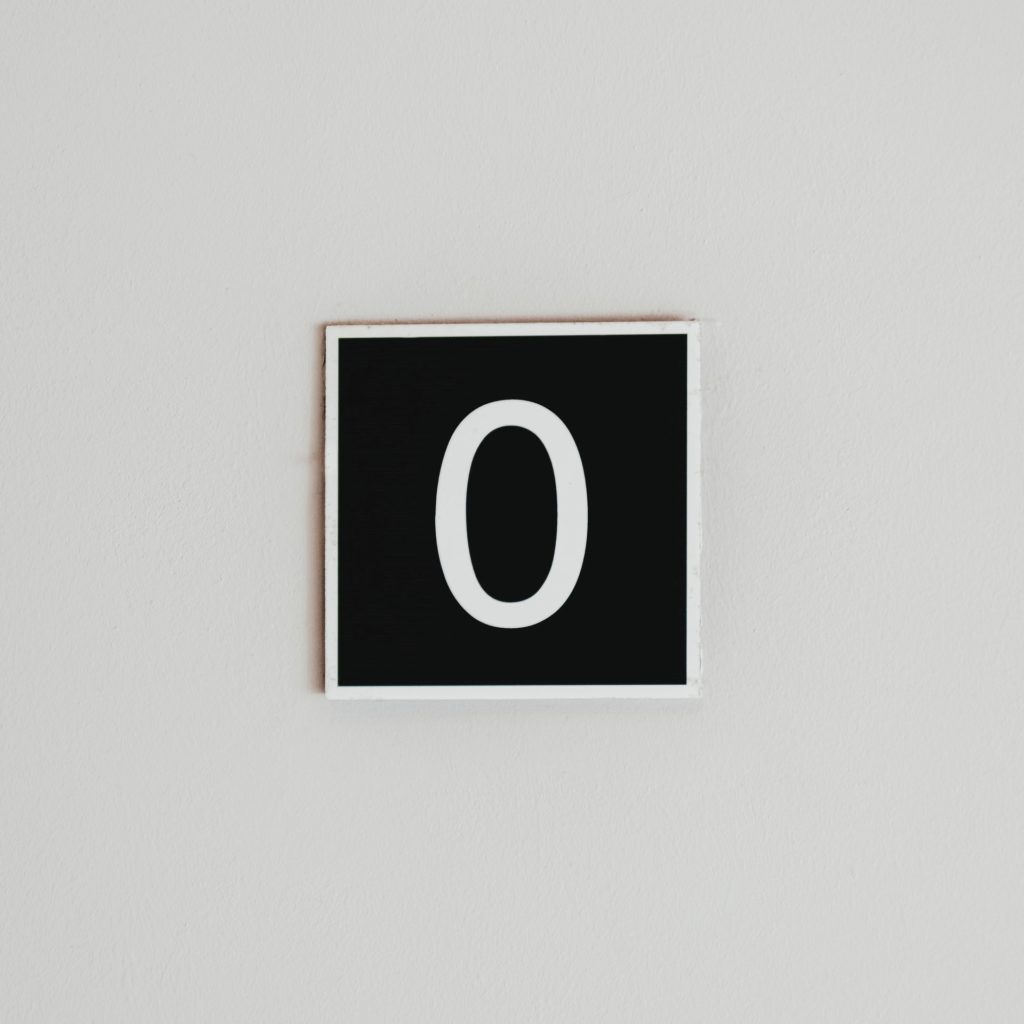German Idioms 34: New Beginnings Posted by Sten on Jan 21, 2022 in Idioms, Language, Vocabulary
It’s a new year! Perhaps you have devised some gute Vorsätze fürs neue Jahr (m, New Year’s resolutions) to finally get fit, wake up earlier, take up your weekends to truly rest, or finally do those trips you wanted to go on. We like doing this at the beginning of the year, as it’s a new Anfang (m, beginning) – it’s like we’re starting from zero, anew, all doors are open! To celebrate that positive vibe, let’s dig into a Sprichwort (n, saying) and an Ausdruck (expression) that are all about der Anfang in this first post in our series on German idioms.
For previous posts in the series on German Idioms, please follow this link.
Jedem Anfang wohnt ein Zauber inne
Literally: A spell inhabits each beginning
There is magic in every new beginning
This wonderful Sprichwort relates to the chances of a new Anfang, die Ungewissheit (uncertainty) of the outcome. The excitement about discovering and learning new things, that can lead you in directions you hadn’t even considered. Es ist einfach magisch (It is simply magical).
This Sprichwort found its own Anfang in the wonderful Gedicht (poem) “Stufen” (Stages) by Hermann Hesse from 1941:
…
Und jedem Anfang wohnt ein Zauber inne,
Der uns beschützt und der uns hilft, zu leben.
…
(And a spell inhabits each beginning
that protects us und helps us thrive.)1I freely translated that here. Leben would really translate to live, but I think thrive works better for how it’s meant here
The point of the poem is to look at each new Lebensstufe (f, stages of life) afresh. It’s an encouraging and hopeful message, for sure. So keep that in mind to motivate yourself!
Here’s an example of how this Sprichwort could be used:
Ich habe mir vorgenommen, dieses Jahr mehr Sport zu machen.
– Wirklich? Total gut!
Ja… Ich bin mir nur nicht sicher, ob ich das schaffe.
– Das kriegst du hin! Vergiss nicht, jedem Anfang wohnt ein Zauber inne.
(I am planning to exercise more this year.
– Really? That’s great!
Yeah… I am just not sure if I can do it.
– Yes, you can! Don’t forget, there is magic in every new beginning.)
With that, let’s go to our Ausdruck.
Bei null anfangen
Literally: to start at zero
To start from scratch
This is a ubiquitous expression, not only in German but also in English. And while the idea of “beginning at zero” makes sense in English, you would probably not say it. In German, we do! Bei null anfangen is so ubiquitous that it can also mean that you simply start at the very beginning. Let’s say you have a presentation, and it doesn’t go as planned – so you decide to start again from the beginning. You can say Ich fange bei null an (I’ll start at zero). But also with every completely new experience, fängst du bei null an.
The origin of this Ausdruck is pretty self-explanatory. Zero is the very beginning of any measurement. So it makes sense to translate that into language with a tangible expression. Here’s an example of using it:
Ich bin total nervös. Vielleicht ist Judo nichts für mich!
– Naja, so schwer kann das doch nicht sein…
Ja, sagst du. Du machst ja drei Mal die Woche Sport. Ich fange bei null an!
(I am super nervous. Maybe judo is really not my thing!
– Well, it can’t be that hard…
Yeah, says you. But you also exercise three time a week. I am starting from scratch!)
Have you heard of these or similar ones before? What aer these in your language? Let me know in the comments below!
Whether you fängst bei null an or are already well underway, I wish you viel Erfolg (good luck) with your goals and undertakings! And never forget: Jedem Anfang wohnt ein Zauber inne.
- 1I freely translated that here. Leben would really translate to live, but I think thrive works better for how it’s meant here

Build vocabulary, practice pronunciation, and more with Transparent Language Online. Available anytime, anywhere, on any device.





